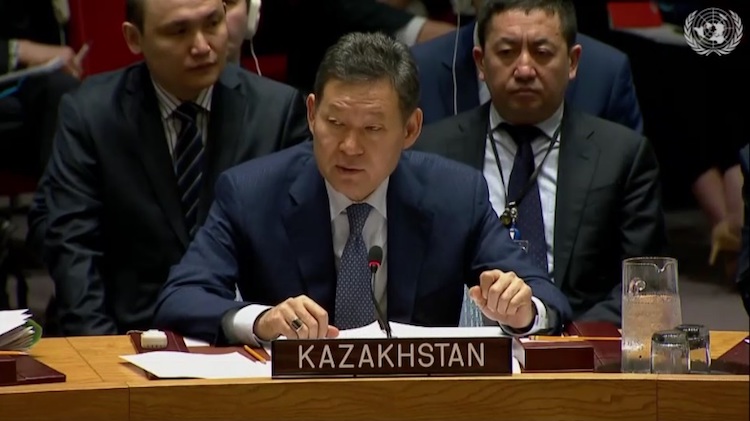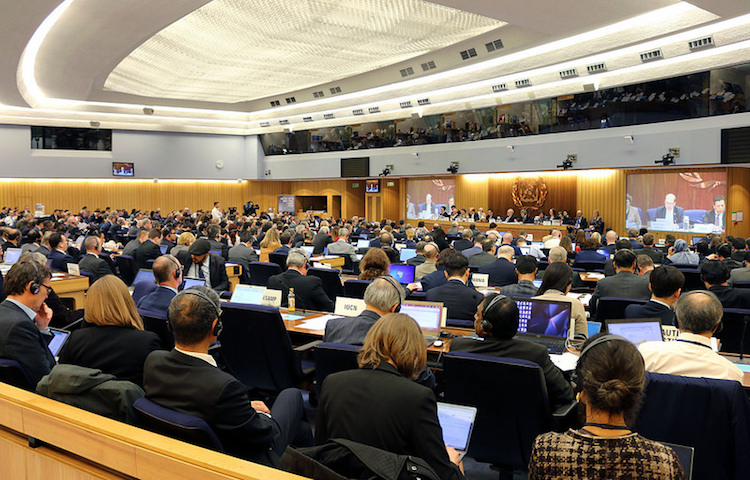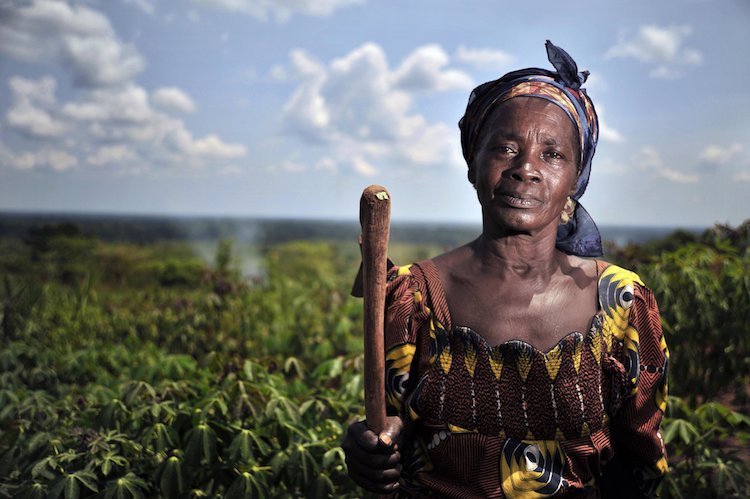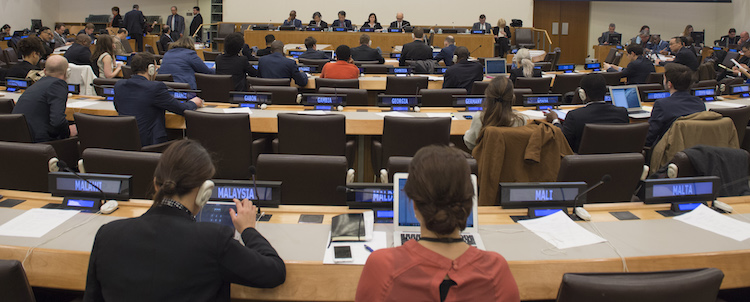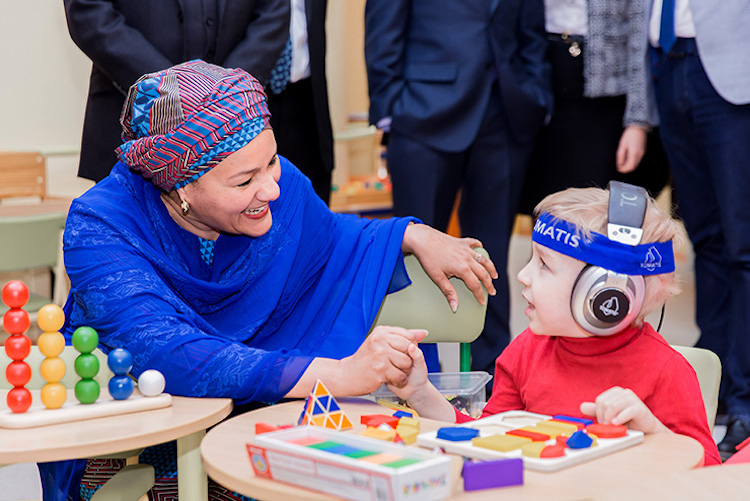By Reinhardt Jacobsen VIENNA (IDN) – The International Atomic Energy Agency (IAEA) has revamped its tools to cope with the growing volume and variety of formats in information technologies, growing demand to harness nuclear science and technology, face the challenges of cyber security, and help prevent the spread of nuclear weapons. The UN nuclear watchdog […]
UN Industrial Development Arm Grabs Opportunity in Germany
By UNIDO HANOVER (IDN) – The United Nations Industrial Development Organization (UNIDO) had a strong presence at the annual Hannover Messe, the world’s leading industrial trade fair which attracts over 6,500 exhibitors and 200,000 visitors. UNIDO has participated in the Hannover Messe every year since 2015 to provide a platform where institutions and industrial enterprises […]
India Elected To Key United Nations ECOSOC Committees
By Santo D. Banerjee UNITED NATIONS (IDN) – India has been elected to several important subsidiary bodies of the 193-member UN Economic and Social Council (ECOSOC) which is at the heart of the United Nations system to advance the three dimensions of sustainable development – economic, social and environmental. It is the central platform for […]
Air Strikes in Syria Perturb Host of Astana Peace Process
By Santo D. Banerjee NEW YORK (IDN) – Kazakhstan, host to eight rounds of Syria peace talks in its capital city of Astana until December 2017, has warned against further military escalation in the wake of air strikes conducted by the United States, France and UK, adding that “whatever action taken under whatever good pretext […]
UN Agency Adopts Climate Change Strategy for Shipping
By J Nastranis NEW YORK (IDN) – More than 100 member states of the United Nations International Maritime Organization (IMO) have adopted an initial strategy to reduce greenhouse gas (GHG) emissions from international shipping and, as a matter of urgency, phasing them out. The plan adopted by IMO’s Marine Environment Protection Committee (MEPC) during its […]
UN Shipping Agency Slammed for Stalling Climate Action
By J Nastranis NEW YORK (IDN) – Transparency International has criticised the United Nations shipping agency for delaying action on climate change. The global anti-corruption organization warns in a new study that the private shipping companies’ concerns are impacting the policymaking process at the International Maritime Organisation (IMO), undermining its ability to effectively regulate greenhouse […]
Agroecology Key Element to Zero Hunger and Food Security
By Jaya Ramachandran ROME (IDN) – More than enough food is produced in the world to feed everyone, yet 815 million people go hungry, according to FAO, the Food and Agriculture Organization of the United Nations. How to ensure that a growing global population – projected to rise to around 10 billion by 2050 – […]
Kazakhstan Supports Proposals Discussed by UN Disarmament Commission
By J Nastranis UNITED NATIONS (IDN) – Amid global anxieties about nuclear peril, Kazakhstan has joined representatives of several countries around the world in calling on the international community to work together through inclusive dialogue that takes into account the views of other States. The general debate in the UN Disarmament Commission (UNDC) on April […]
Realising the SDGs Will Require Action in Five Key Areas
By Amina J. Mohammed, Deputy Secretary-General, United Nations This article first appeared in Sustainable Development Goals: Delivering Change, UNA-UK publication providing analysis and recommendations in achieving Sustainable Development Goals on 19 March 2018. – The Editor LONDON (IDN-INPS) – In this third year of global efforts to implement the 2030 Agenda for Sustainable Development, there […]
Experts Call For Paying Heed To Internally Displaced Persons
By Geneva Centre Staff GENEVA (IDN) – The forced displacement of internally displaced persons (IDPs) in the Middle East cannot be left unaddressed by decision-makers in the context of the refugee and migrant crisis, stressed a group of human rights experts during a panel debate at the United Nations Office at Geneva. The debate entitled “Protecting people […]




